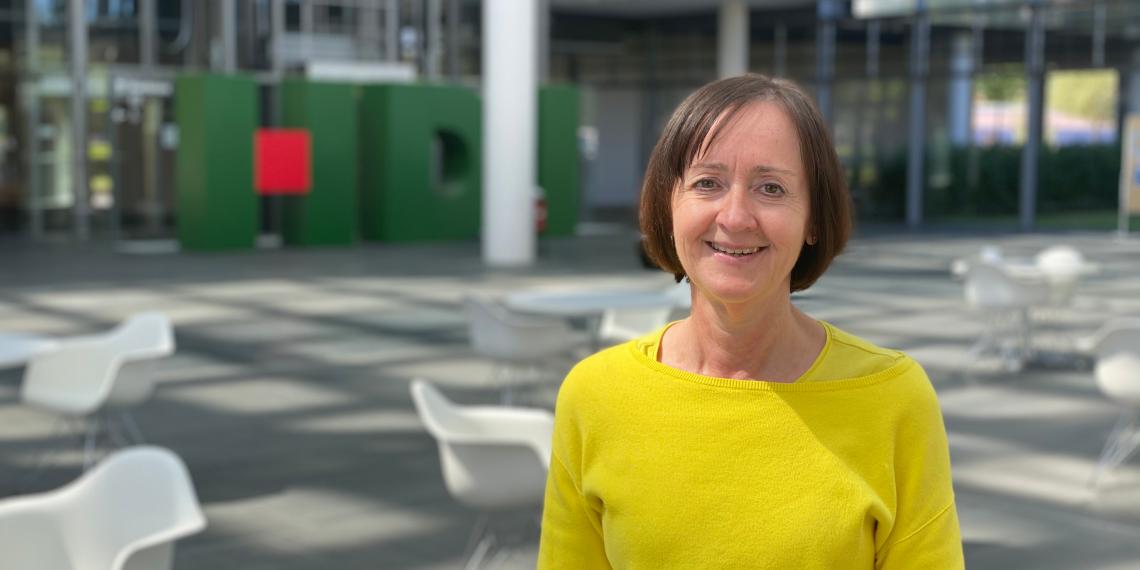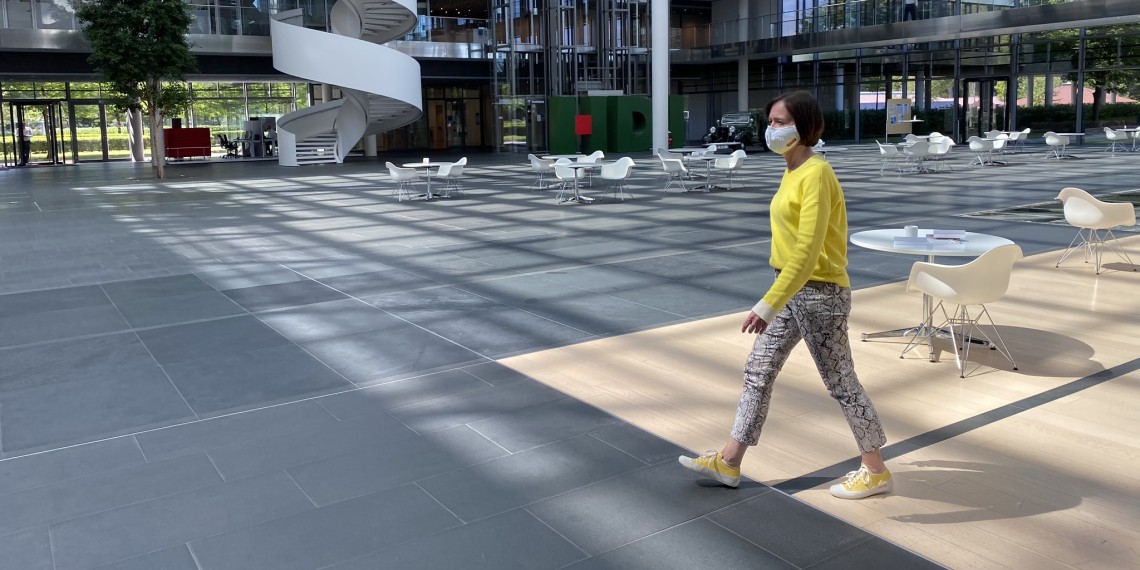A step towards the future – digital recruiting

The end of the traditional job interview?
Can a recruitment process succeed if it is entirely digital – without any face-to-face interview where all the participants are in the same room? Does a videoconference make it possible to evaluate not only a candidate's skills and qualifications, but also whether the "chemistry is right"? These were questions that Astrid Pohlmann, Head of Employer Branding and Sourcing in Human Resources at HDI, asked herself when the world came to a halt with the lockdown imposed early in the year. The HDI Group was quick to respond to the new situation – and the solutions it found prompted a surprising response among applicants and the recruiting units alike.
Astrid, what is the state of play now as regards new appointments after six months of the coronavirus pandemic?
In recent months it has been very interesting to see everything that can be done digitally. Fortunately, the necessary conferencing tools were made available very quickly thanks to the massive effort by our IT people and Group Security. Ultimately, and despite initial scepticism, the feedback from applicants and recruiting managers alike has been thoroughly positive. We have already taken on about 200 candidates through the digital process.
Why did HDI decide to completely digitalise the recruitment process?
When the shutdown happened in early March we realised very quickly that we had to come up with something. The crisis management team was in full swing, hygiene measures, physical distancing rules and team splitting were implemented. It was absolutely clear that we also needed to adjust our personnel processes. Given that we already had previous experience with conference calls and video conferencing, adopting these methods as the new standard was certainly a readily available option. There was no doubt that we wanted to press ahead with our recruiting activities in this situation because the demand is there: we continue to need IT experts. What is more, jobs such as underwriter, controller and actuary and indeed new positions in agile areas such as scrum masters and agile coaches are sought-after and welcomed at HDI.

So how should I picture a purely digital recruitment process?
Interviews, assessment centers and even trial assignments are now routinely held in the form of online meetings. The conference call is always an option if we need a plan B. Most notably, the day-long assessment centers, which previously took place in hotels, have become much shorter as a result – from 8 to now just 2 to 3 hours. Even before the coronavirus we had been thinking that there had to be a more efficient way of doing this. We had tried to tidy the process up and trialed online access for solving assignments. The coronavirus was the acid test. At this point it was properly implemented with the candidates and the entire process was streamlined. We allow preparation times for the tests and getting-to-you slots on a digital basis just as we did in the past on site and then we come to the exercises. This actually enables us to take an even closer look at the individual candidates.
What is the mood like when you get to know one another digitally – isn't there something missing, without a real coming together?
In my experience, even in a videoconference you can judge whether the chemistry works. The simple fact that from the company's side there are at least two of us conducting the interview – a manager and an HR specialist – means that various perceptions are combined. Not long ago, I took on a candidate for my team who I only got to know face-to-face for the first time now in a workshop. Everything before that had been digital or over the phone. Despite that, we had the feeling that we already knew one another. Thanks to the digital trial assignments and our further exchanges over the phone, not to mention the networking on social media, we did not feel like strangers at all – on the contrary, she was already well on the way to being part of the team!
Looking to the future, will HDI recruiting only be done digitally?
As long as we are living with physical distancing rules we shall certainly continue to take this approach. Digitalisation helps us to bring new employees on board more quickly – this speed is an enormous advantage. For candidates, too, it is much easier to organise a time-out for a couple of hours in their home office than to take whole days off work. We are all more digital, more mobile and more flexible in our daily lives than we had imagined – and we were surprised how positive the response was from applicants and managers alike. The digital approach is here to stay for the time being, and after that we'll have to see whether there is any going back to the "old" format.